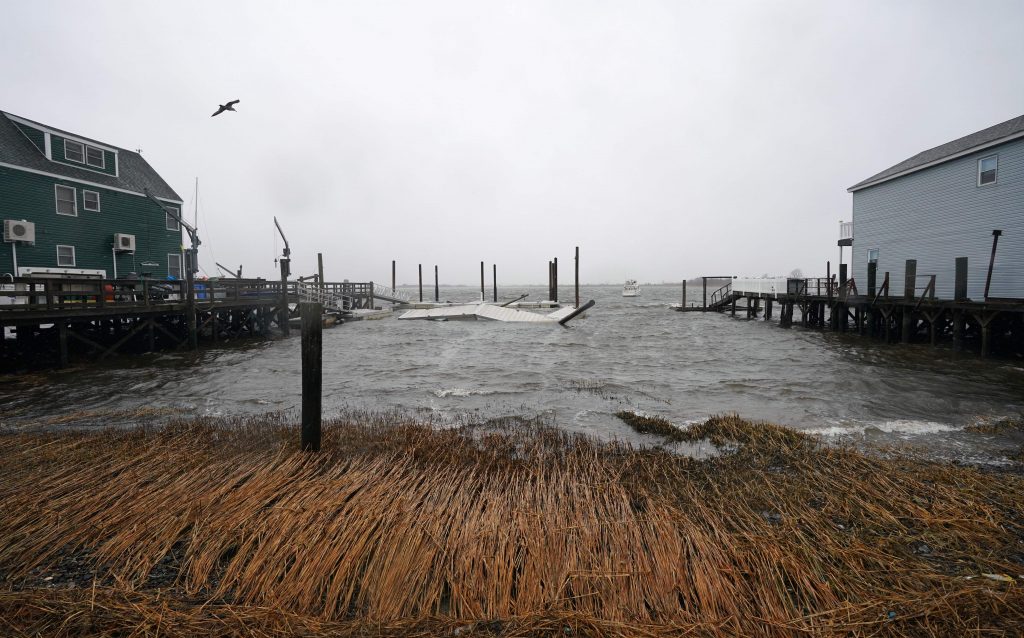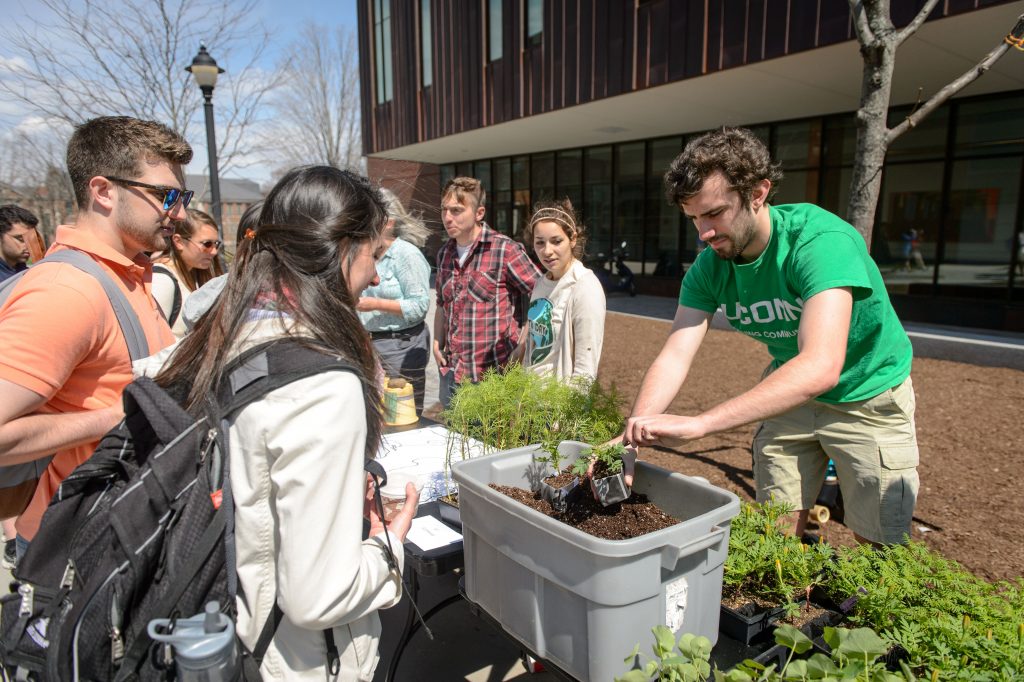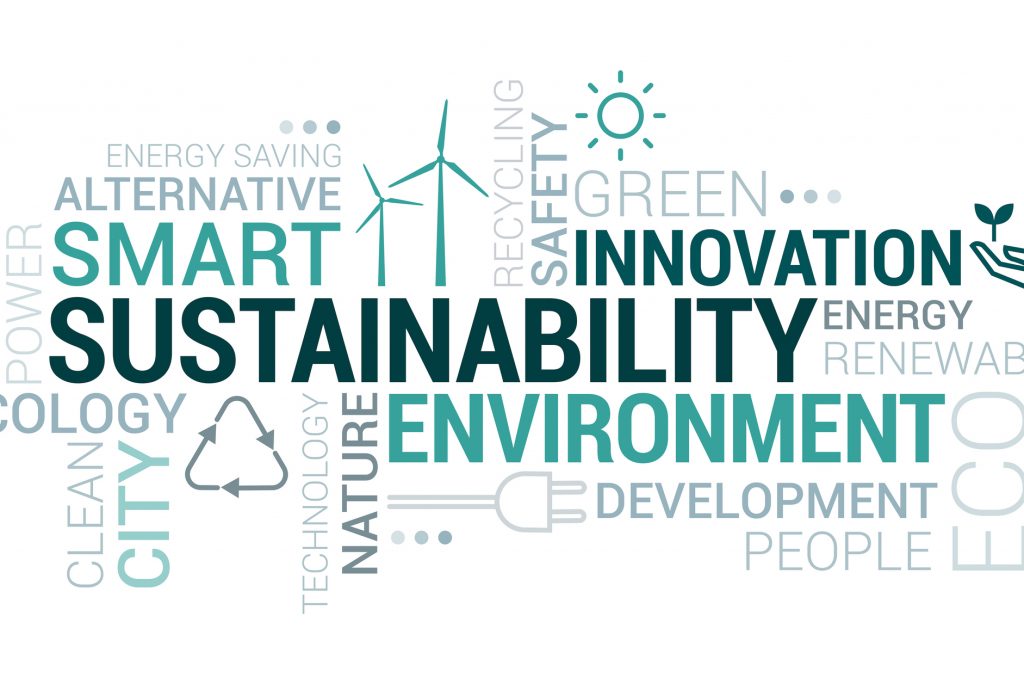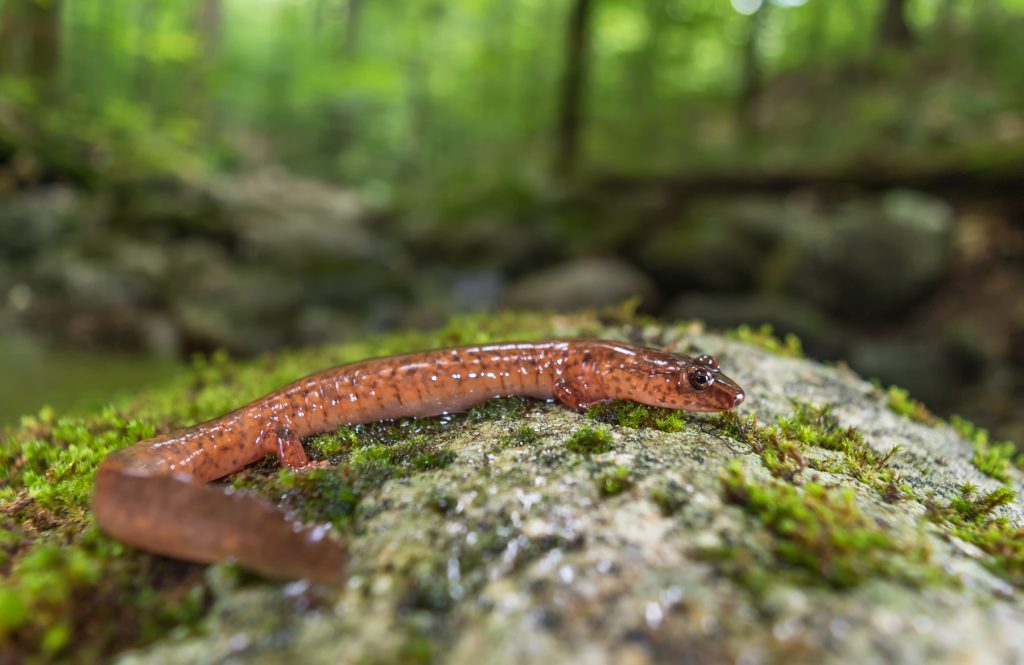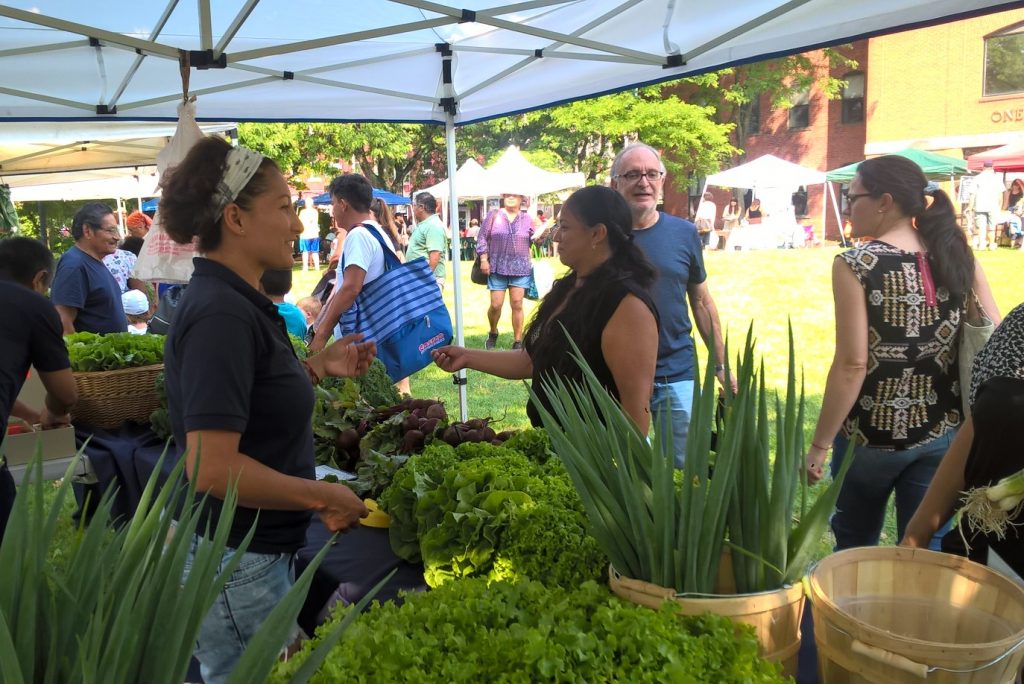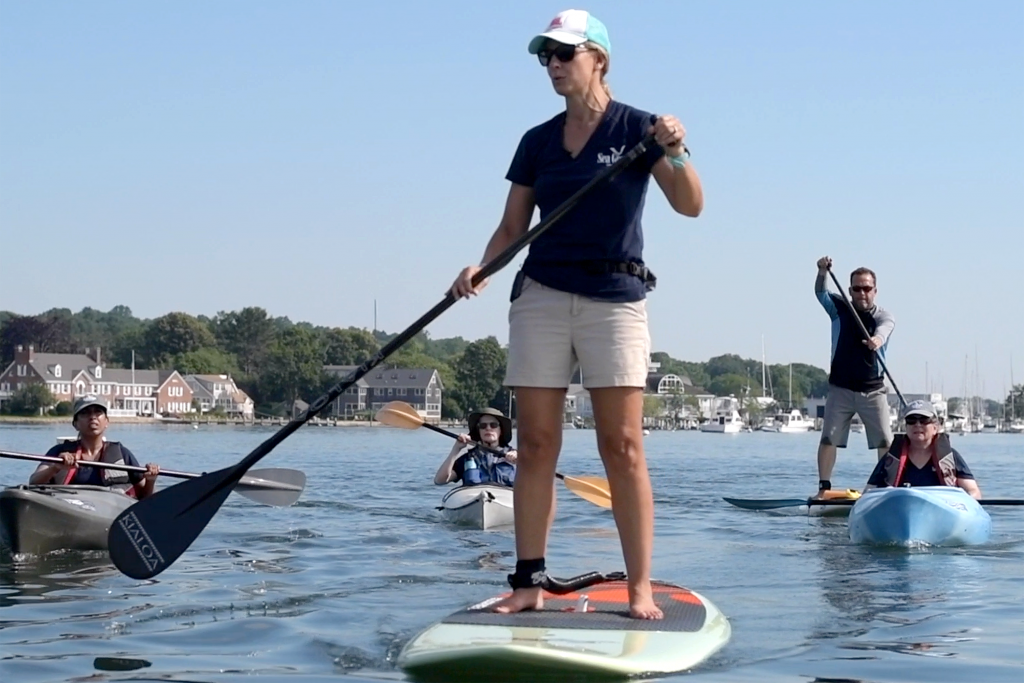Sustainability
Coastal Birds Can Weather the Storm, But Not the Sea
The impacts of hurricanes, in terms of populations rather than individual birds, tend to be surprisingly small compared to the other threats that are causing these species to decline, say researchers.
September 18, 2019 | University of Maryland's National Socio-Environmental Synthesis Center
Why is Earth so Biologically Diverse? Mountains Hold the Answer
Using a computer model, UConn's Robert Colwell and Thiago Rangel were able to simulate the processes of species origination, persistence, and extinction in South America over the past 800,000 years, through ten cycles of glaciation and warming.
September 13, 2019 | Combined Reports
Sierra Club Lauds UConn’s Sustainability Efforts
UConn is in the top five of more than 800 schools nationwide for sustainability practices.
September 12, 2019 | Elaina Hancock
The Environment on Every Student’s Planner
A critical component of the new requirement is the broad view of the courses that feature environmental issues. Environmentalism is not confined to science.
September 12, 2019 | Elaina Hancock
Hurting the Planet is not Only Bad for Humanity, It Can Be Bad for Business
An argument could be made that socially responsible investing and sustainable finance will need to dramatically grow in order to avert the next financial crisis, says Stephen Park of UConn.
September 11, 2019 | Tom Kertscher, freelance reporter
Climate Change Water Variability Hurts Salamander Populations
New research suggests spring salamanders are less likely to survive metamorphosis to adults in streams with highly variable flows.
September 6, 2019 | Combined Reports
UConn Extension Produces Bumper Crop of Urban Farmers
UConn Extension's urban agriculture program brings fresh produce - and the skills to grow it - to Connecticut cities.
August 30, 2019 | Sara Putnam
UConn Steers the Way to Shellfish Farms
Connecticut's coastline hosts a growing aquaculture industry, which UConn Extension educators promote alongside farmers of oysters, clams, fish, and seaweeds.
August 29, 2019 | Elaina Hancock
Structural Complexity in Forests Improves Carbon Capture
Researchers used light detection and ranging (LIDAR) to measure the locations of leaves throughout the forest canopy and determine how vegetation was arranged within space.
August 28, 2019 | Elaina Hancock, University of Connecticut, and Brian McNeill, Virginia Commonwealth University
Q&A: The Truth About Plastic
With plastic bags making headlines, Nicholas Leadbeater of chemistry provides some inside on the contentious substance.
August 22, 2019 | Elaina Hancock
